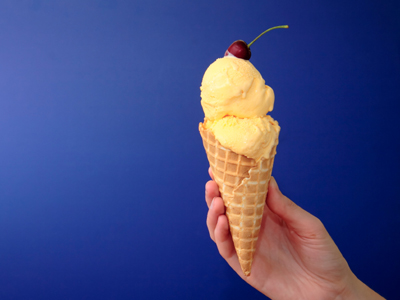
Communicating Results
Dive into the exciting world of KS2 Science with this quiz on Communicating Results! It's all about sharing what we find out after doing experiments and different ways to tell others about it.
Communicating results means telling everyone about your discoveries. Scientists don't just work alone in labs; they share their findings. Imagine if they didn't! After investigating and measuring, the crucial part is showing what you've learned. You can do this with cool things like bar charts, graphs, and tables. Just pick the best one!
Test your skills in sharing discoveries with this fun quiz on Communicating Results!
Quizzes: The Path to Smart and Happy Kids. Learn MoreThe _____ the temperature of the water, the ____ sugar it dissolves.
The _______ the insulating material, the ______ it takes ice cream to melt.
Ready for more?
not all...
quizzers. Try to win a coveted spot on our Hall of Fame Page.







